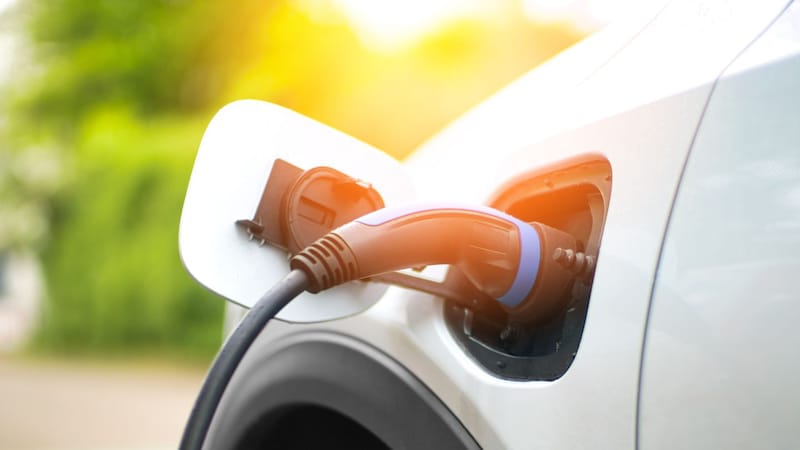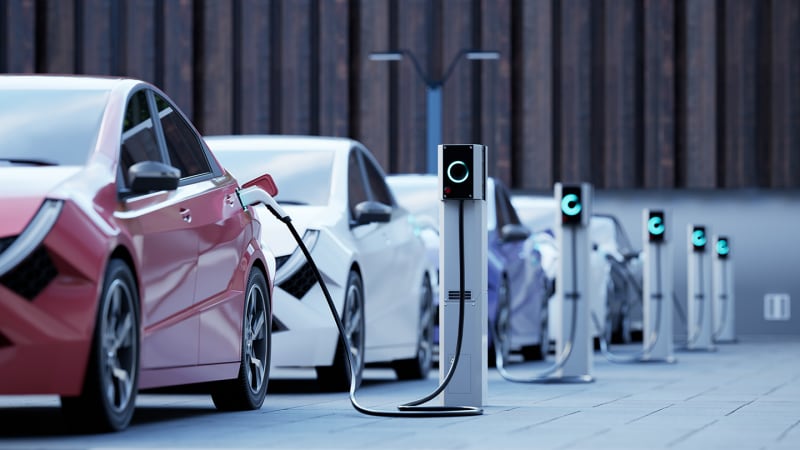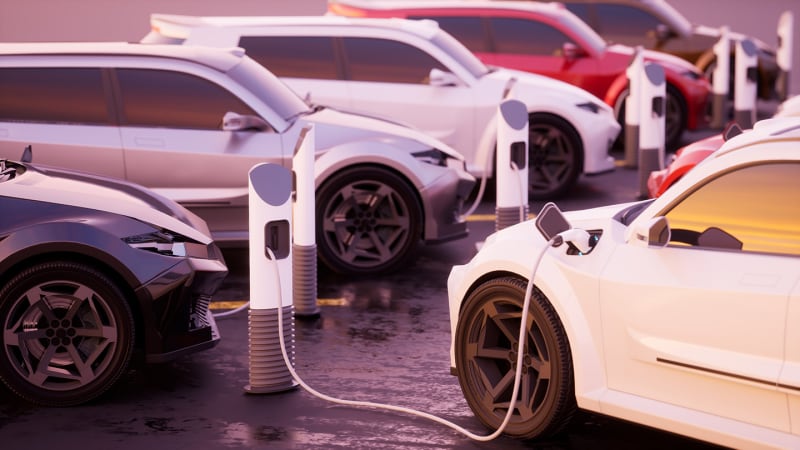Electric vehicle affordability: Five things you need to know

Affordability is one of the top reasons drivers consider switching to electric vehicles (EVs). Nearly 75% of customers said fuel savings, specifically, was their number one reason for considering an EV. Here are five things you should know about EV fuel savings and affordability.
1. Electricity is cheaper than gas
Overall, EVs are estimated to save consumers around 60% on fuel costs when compared to an average gas-powered vehicle.
That said, it’s still important to look at variable costs, such as electricity rates in your region. For example, while EV owners in Washington state can save as much as $14,480 across the lifetime of their vehicle, owners in Hawaii may end up saving about $3,000 less than that.
Another way EV owners can save money on fuel is by installing a charging station at home. Installation costs around $2,000, but will save customers money in the long run as charging at a public charging station typically costs more than using your home’s electricity to charge your electric vehicle.
2. EVs cost more up-front, but less in the long run
While new EVs typically cost more than comparable gas-powered cars at the onset, they end up being less expensive over time. Overall, owners of the nine most popular EVs under $50,000 are saving $6,000 to $10,000 over their vehicles’ lifetimes, compared to the top-selling and top-rated gas-powered cars.
The long-term savings are partly due to lower maintenance costs. Owners of both EVs and plug-in hybrid electric vehicles (PHEVs) save 50% on repair and maintenance costs over the vehicle’s lifetime, compared to the average costs for a typical gas-powered vehicle.
3. EV incentives can further reduce costs
Some EV owners can access electricity discounts from their local electric utility if they charge their EV during “off-peak” hours—usually at night, when there’s less demand for electricity.
4. EVs can travel longer on less energy
The average EV travels 4.4 times farther on a given amount of energy than the average gas-powered vehicle. When calculating costs, it’s important to consider the variability of EV efficiency, as one model may save more money than another.
In summary
Even though new EVs typically cost more up front than gas-powered vehicles, the lifetime savings make EVs cheaper over time. EVs are less expensive to fuel and maintain, and can travel farther on less fuel.



